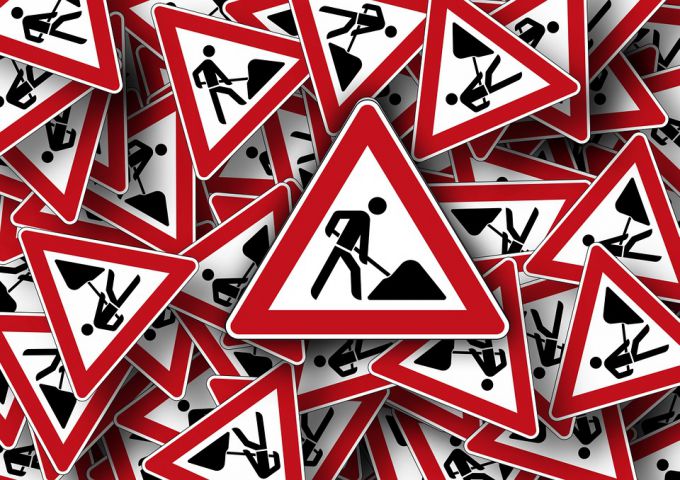There are many theories of attention. For example, proponents of motor theories of attention argue that at the heart of our mental activity is based on movement. Most people believe that muscle contraction is the result of the functioning of human attention. But supporters of the reflex theory say the exact opposite things.
 According to the French psychologist T. Ribot and Russian psychologist M. M. Lange, traffic act attention support at the physiological level. Also thanks to the motions of the senses set for the concentration of consciousness or a process, reverse to him.
According to the French psychologist T. Ribot and Russian psychologist M. M. Lange, traffic act attention support at the physiological level. Also thanks to the motions of the senses set for the concentration of consciousness or a process, reverse to him.
According to the theory of attention Uznadze, based on its operation as a necessary condition of human mental activity is the installation. According to this psychologist, focus is a special state of mood of the psyche on a certain object or human activity, which is generated by the influence of previous experience on future human actions. That is, attention is directly dependent on previous experience. For example, a man in a child bitten by a dog. If before he didn't even notice a four-legged friend person, and now he, as soon as it appears on the horizon, instantly focuses and tracks each movement of the ear of this animal. The same examples can be given with other automatic reactions.
 According to the reflex theory of attention, proposed by Pavlov, Sechenov, and Ukhtomsky, the reasons for the development of attention associated with the indicative reflexes and reactions, the purpose of which is the adaptation of the human psyche to what he feels and perceives. According to Pavlov, these estimated reactions create an environment of optimal arousal or dominance. According to the reflex theory, in the brain when the need arises to concentrate a lot of temporary nerve connections. When they occur adjacent parts of the brain are blocked, and the side pulses become under the control of the mating neural connections, that is dominant. Other actions that people want to do happen purely automated.
According to the reflex theory of attention, proposed by Pavlov, Sechenov, and Ukhtomsky, the reasons for the development of attention associated with the indicative reflexes and reactions, the purpose of which is the adaptation of the human psyche to what he feels and perceives. According to Pavlov, these estimated reactions create an environment of optimal arousal or dominance. According to the reflex theory, in the brain when the need arises to concentrate a lot of temporary nerve connections. When they occur adjacent parts of the brain are blocked, and the side pulses become under the control of the mating neural connections, that is dominant. Other actions that people want to do happen purely automated.
There are many theories that come up with different specialists in the field of psychology and in other Sciences "help". Knowledge of these theories helps one to understand better the mechanisms of attention and management.





